Top Class Actions’s website and social media posts use affiliate links. If you make a purchase using such links, we may receive a commission, but it will not result in any additional charges to you. Please review our Affiliate Link Disclosure for more information.
A federal appeals court sided with the state of Florida in a split decision last week, ruling that it can restrict the voting rights of citizens with felony convictions who have not paid their court-imposed fines and fees.
The U.S. Court of Appeals for the 11th Circuit in Atlanta rejected the lower court’s opinion that requiring a felon’s legal debts be paid off before allowing him to vote is the equivalent of charging a poll tax, according to the Tampa Bay Times. By a 6-4 decision Sept. 11, the court said the felons who brought the class action lawsuit against the state failed to prove their constitutional rights had been violated by Florida’s regulations.
Florida voters in 2018 approved an amendment to their state’s constitution allowing felons – except those convicted of murder or sex crimes – to be able to vote after completing all the terms of their sentences.
In June 2019, state legislators passed a law stipulating that all legal financial obligations must be satisfied in order for those with felony convictions to be approved to vote again – codifying that court-imposed fines and fees are part of a convict’s sentence.
“If a state may decide that those who commit serious crimes are presumptively unfit for the franchise, it may also conclude that those who have completed their sentences are the best candidates for re-enfranchisement,” the majority opinion said.
Later, Chief Judge William Pryor, who penned the prevailing opinion, wrote, “the majority asserts the (legal financial obligations) requirement makes completing all terms of a sentence an ‘electoral standard,’ which is ‘highly relevant to voter qualifications.’”
Despite the legal victory for Florida state officials, the majority opinion pointed out that 85,000 people with felony convictions who understood their voting rights were restored under the 2018 amendment submitted voter registration forms at the time the case was being heard. Under Florida law, their registrations have to be screened to determine if there are any reasons to disqualify them.
“Florida has yet to complete its screening of any of the registrations,” the majority opinion said. “Until it does, it will not have credible and reliable information supporting anyone’s removal from the voter rolls, and all 85,000 felons will be entitled to vote.”
The case against the Florida felon voting rights restrictions began as four individual lawsuits and was later consolidated as one class action lawsuit led by lead plaintiff Kelvin Jones and backed by numerous advocacy groups, including the American Civil Liberties Union and the Campaign Legal Center, CNN reported.
U.S. District Judge Robert Hinkle sided with the plaintiffs after hearing the case in May.
He ruled the requirement to satisfy the financial obligations included in a felony sentence before being cleared to vote equated to “taxes in substance, though not in name,” and said the state could not legally prevent people who are unable to pay from voting.
The minority judges on the 11th Circuit agreed, finding the court fees covered by the state’s regulations include those not “the principal consequence for committing a felony offense — imprisonment, fines, and restitution serve that purpose. The fees and costs here serve primarily to raise revenue for the state, and therefore are taxes.”
The court’s decision came less than a month before the deadline for voter registration in Florida for the Nov. 3 general election.
Whether the 11th Circuit is the last stop for the Florida felon voting rights case is unclear.
The civil rights groups representing the felons have said they will keep fighting and may decide to appeal to the Supreme Court, the New York Times reported. However, the court already has sided once in the case with the state of Florida, rejecting an emergency application to have the the appeals court’s stay lifted while the outcome of the appeal was pending.
Have you lost your right to vote due to a felony conviction and outstanding court fines and fees? Tell us about it in the comment section below.
Lead plaintiff Kelvin Leon Jones and the proposed Class Members are represented by Julie A. Ebenstein, R. Orion Danjuma, Jonathan S. Topaz and Dale E. Ho of the American Civil Liberties Union Foundation Inc.; Daniel Tilley and Anton Marino of the American Civil Liberties Union of Florida; Leah C. Aden, John S. Cusick, Sherrilyn Ifill, Janai S. Nelson, Samuel Spital and Jennifer A. Holmes of the NAACP Legal Defense and Educational Fund Inc.; Sean Morales-Doyle, Eliza Sweren-Becker, Myrna Perez and Wendy Weiser of the Brennan Center for Justice at NYU School of Law; Pietro Signoracci and David Giller of Paul Weiss Rifkind Wharton & Garrison LLP; Nancy G. Abudu and Caren E. Short of the Southern Poverty Law Center; Paul M. Smith, Danielle M. Lang, Mark P. Gaber, Molly E. Danahy and Jonathan M. Diaz of the Campaign Legal Center; and Chad W. Dunn of Brazil & Dunn.
The Florida Felon Voting Rights Class Action Lawsuit is Kelvin Leon Jones, et al. v. the Governor of Florida, et al., Case No. 20-12003, in the U.S. Court of Appeals for the 11th Circuit.
Read About More Class Action Lawsuits & Class Action Settlements:
Georgia Democrats, Voters Sue Officials Over Prohibitively Long Poll Lines
Minnesota Voters Challenge Mask Mandate For 2020 Election

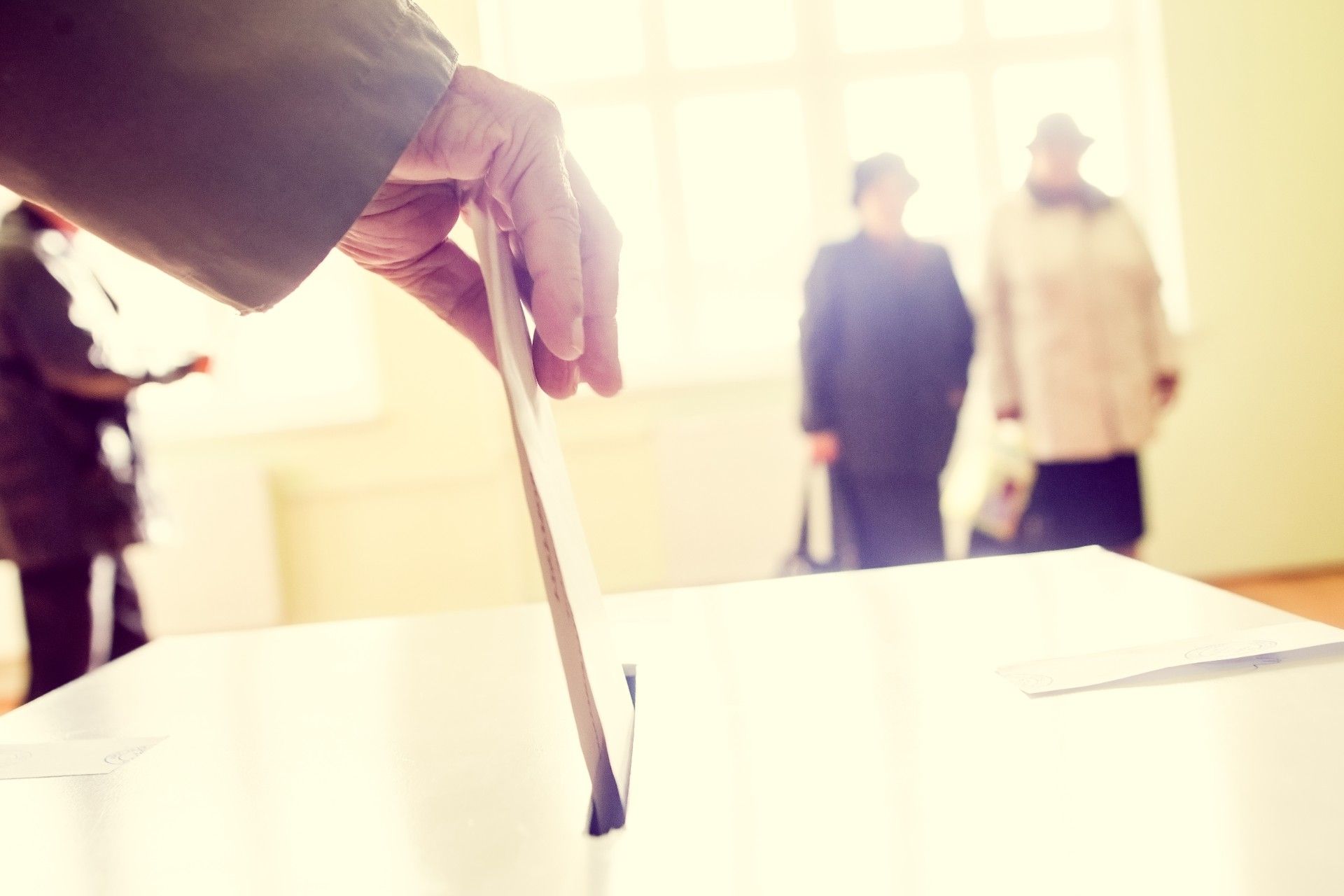
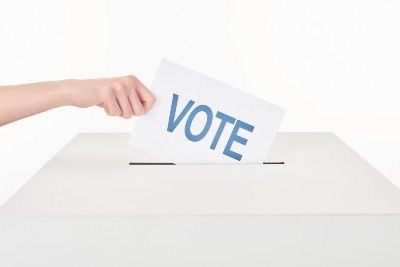




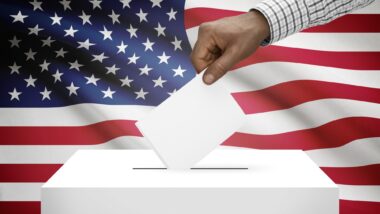


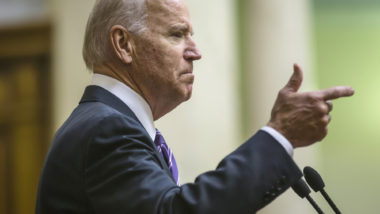

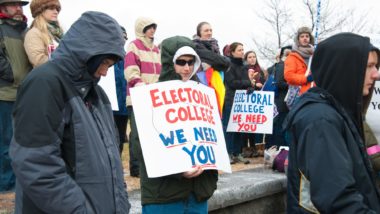
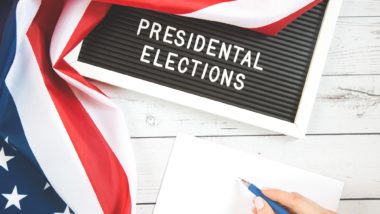

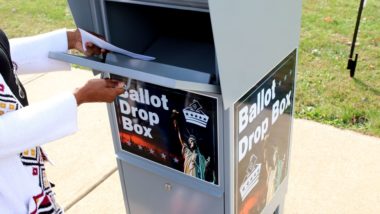
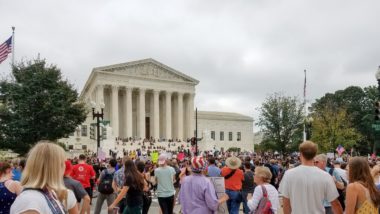
One thought on Appeals Court OKs Felon Voting Rights Restrictions In Florida Class Action Lawsuit
I would like to be a part of this discussion board and topic I have a lot of documentation I have gathered over the years that I would like to bring to the table to present as well I agree and this topic and the amendments of being violated due to the constitutional errors of the government and their software tracking systems. It is degradable and defamation of our characters if our penalties or fines were served